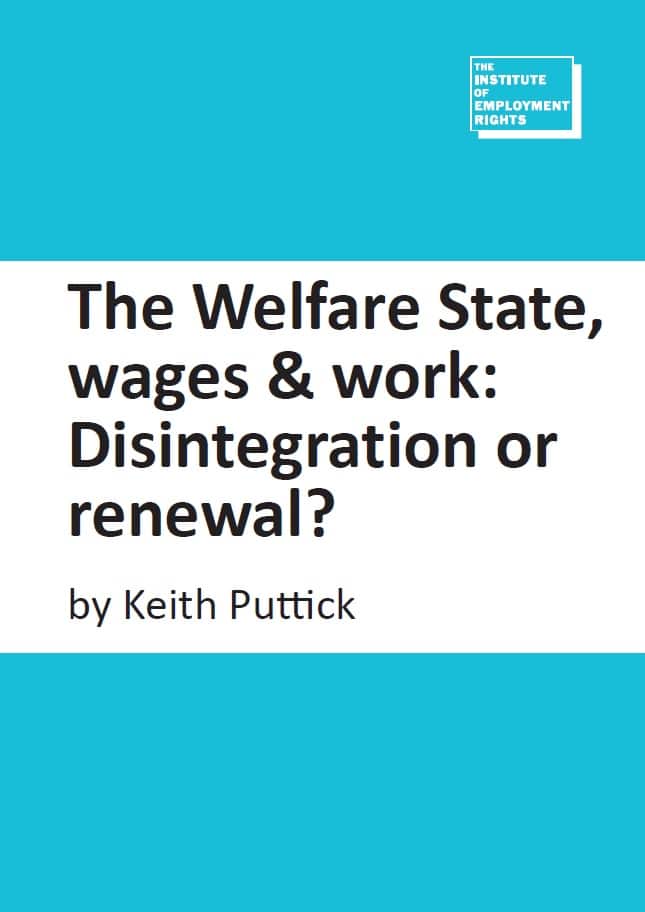About the book
Up until now, criticism of Universal Credit has largely focused on how long delays and sanctions are forcing recipients into poverty and debt. Less attention has been given to how the Welfare State interacts with the labour market to influence employment patterns. In this book, Keith Puttick examines the work-welfare interface through time, highlighting how changes in attitude and policy around the benefits system has had a deleterious effect on labour standards in the workplace.
While increased pressure on jobseekers to find work – regardless of quality – incentivises the creation of low-hours, low-pay mini-jobs; the proliferation of work that cannot meet the needs of workers generates further reliance on the Welfare State, thus creating a vicious cycle that prevents low-paid workers from progressing.
The author concludes that in order to create an effective Welfare State, we must first overcome the shortcomings of the current system of labour rights. Drawing upon the IER’s influential Manifesto for Labour Law, he recommends the rollout of sectoral collective bargaining and stronger equality laws to encourage the creation of higher-paid, higher-quality work and improve its accessibility to all, thereby providing opportunities for those currently stuck in the benefits trap to become financially secure.





